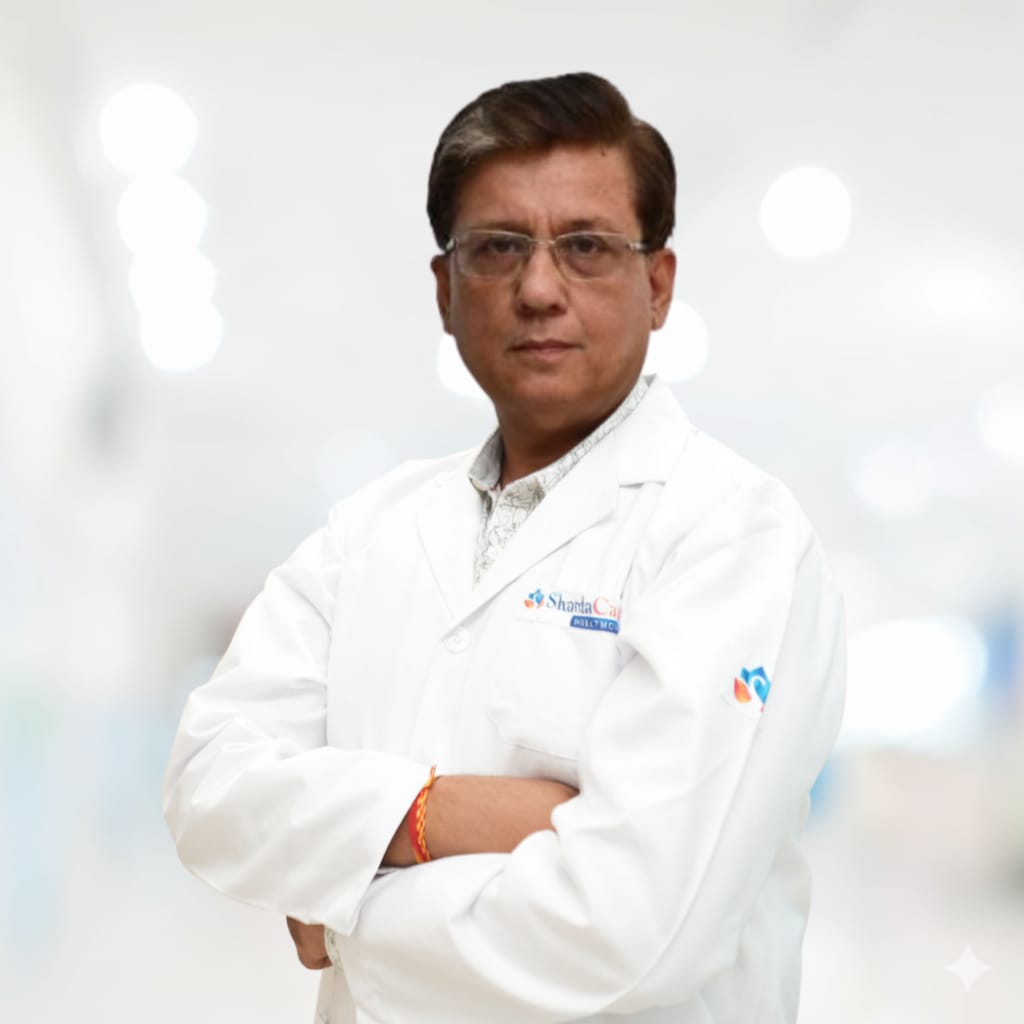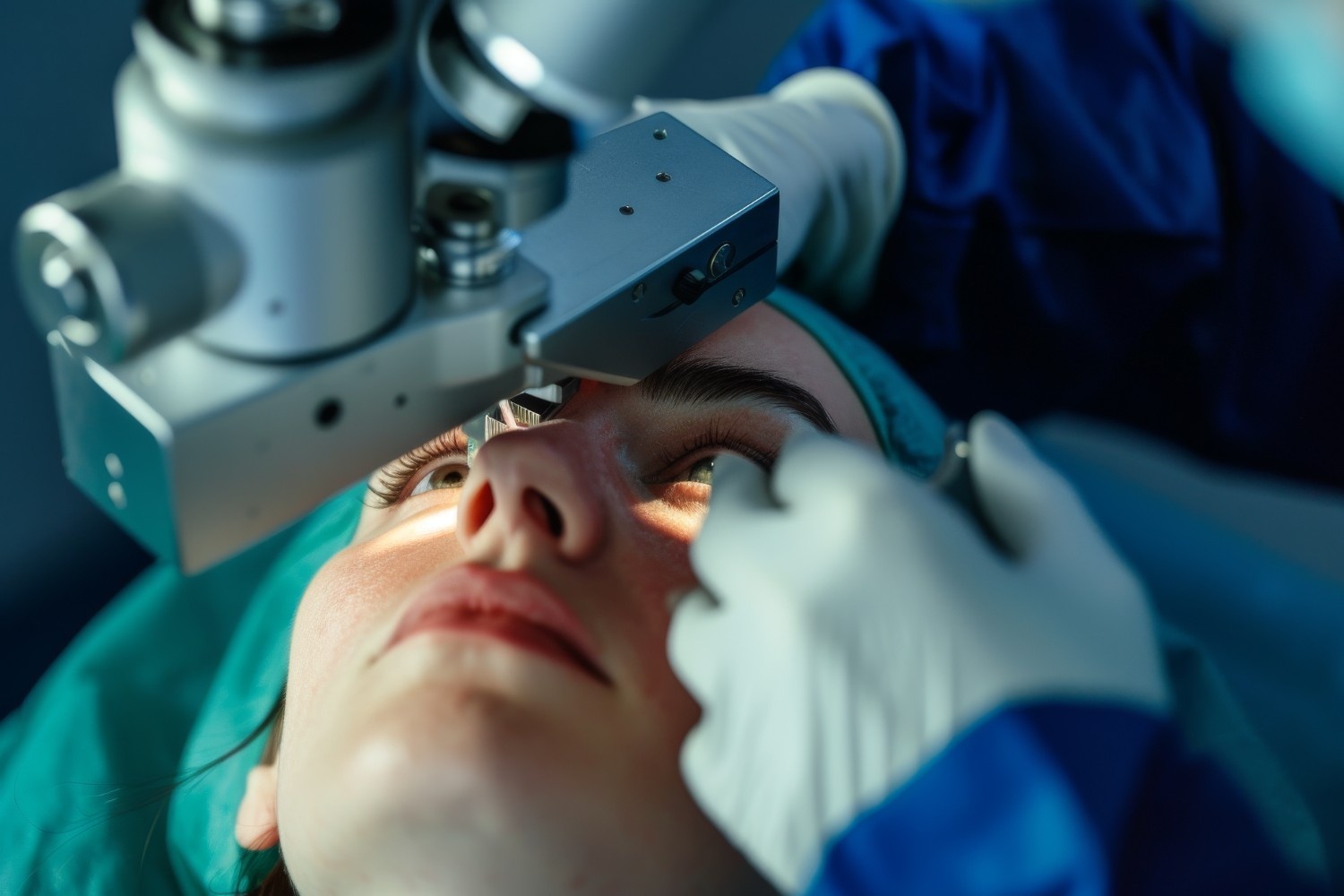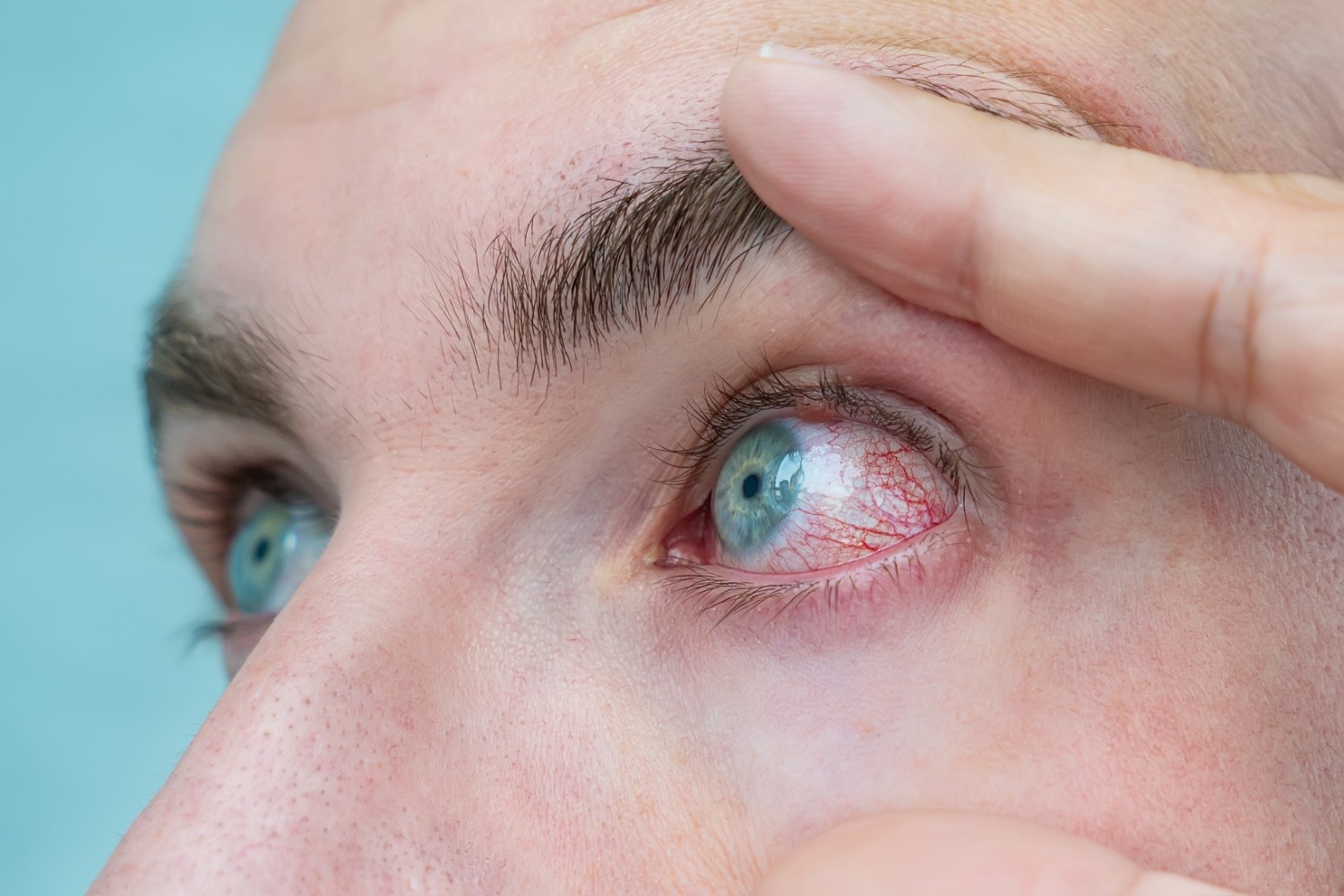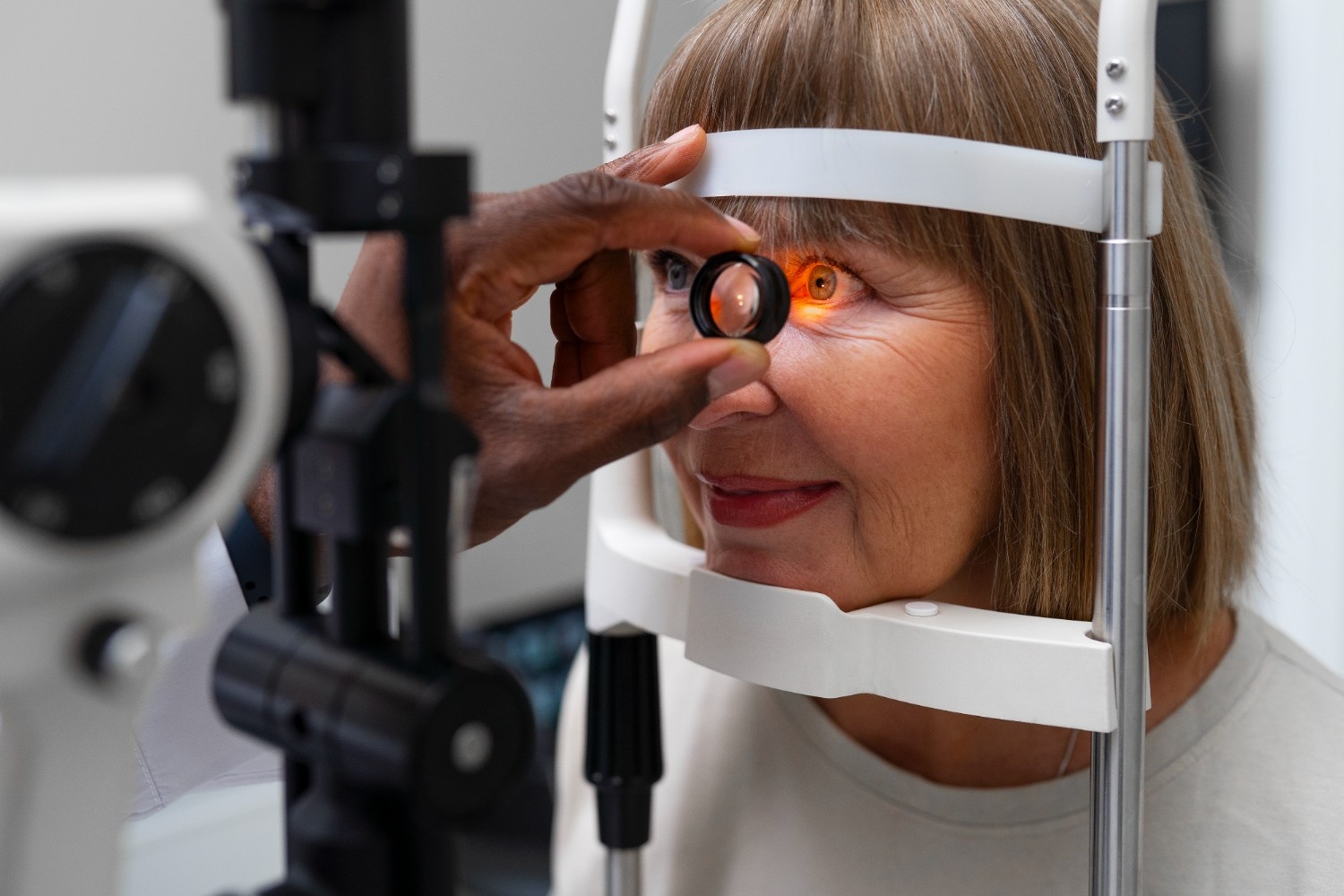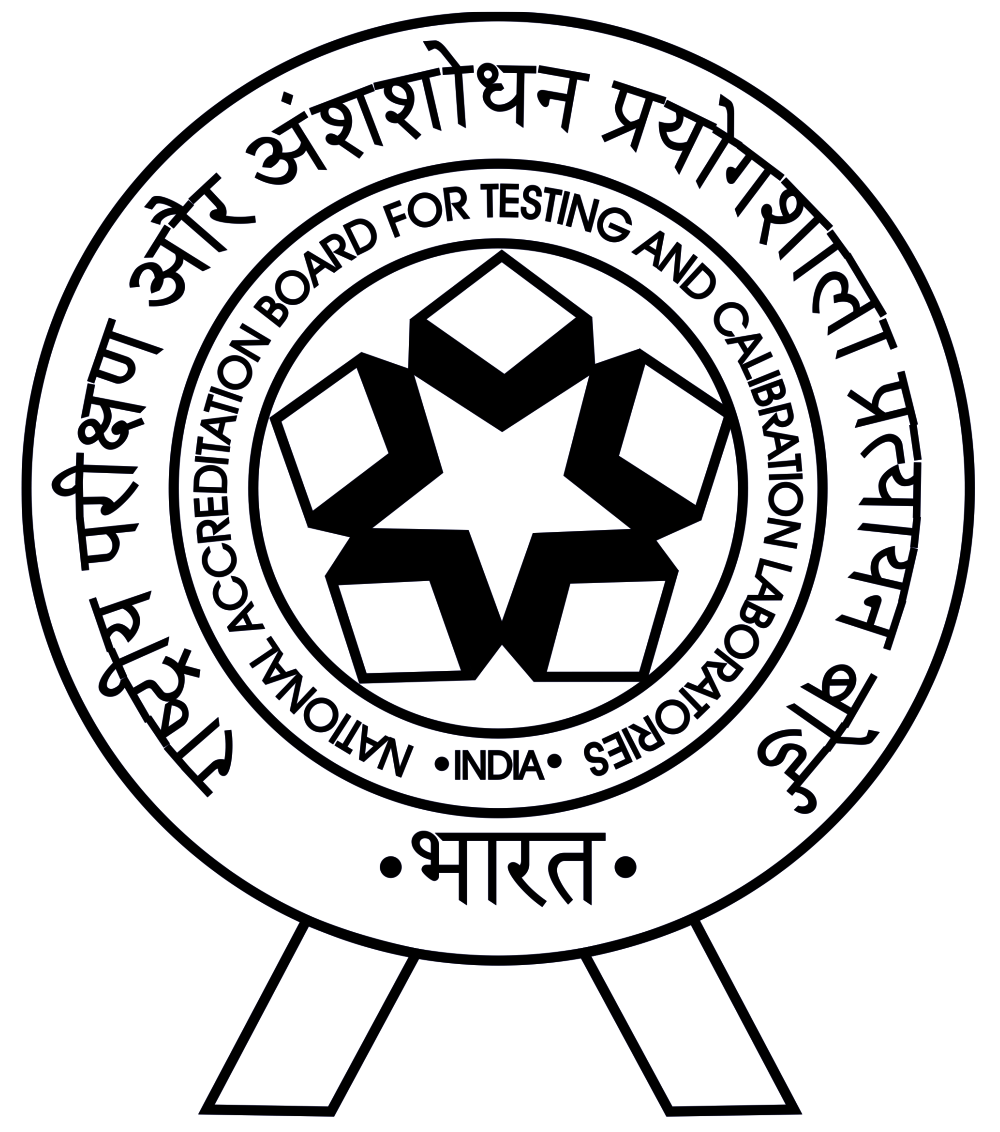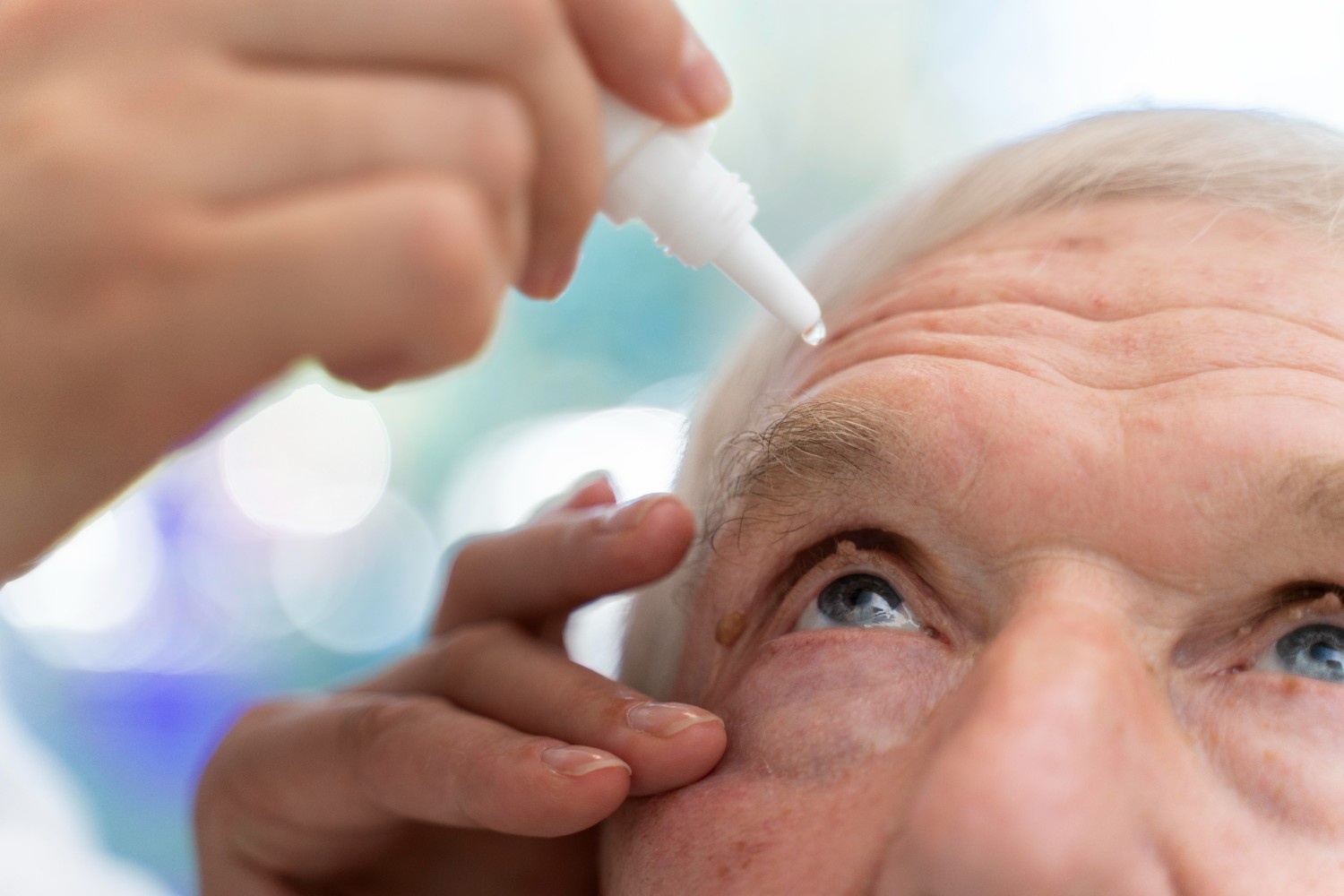
Retina & Vitreous Care for Eye Disorders at ShardaCare – Healthcity
At ShardaCare - The Healthcity, we are dedicated to providing exceptional care for patients with conditions affecting the retina and vitreous humour of the eye. Our specialised facility is equipped with state-of-the-art technology and staffed by experienced ophthalmologists committed to delivering personalised, comprehensive treatment for a wide range of retinal and vitreous disorders.
The retina is a delicate layer of tissue lining the back of the eye that converts light into electrical signals, which are then transmitted to the brain, enabling vision. The vitreous humour is a gel-like substance that fills the space between the lens and the retina, providing support and nourishment to the retina.
Conditions affecting the retina and vitreous can significantly impact vision and overall eye health. These conditions may include age-related macular degeneration, diabetic retinopathy, retinal detachment, macular holes, epiretinal membranes, and vitreous floaters.
Looking for an Expert
ShardaCare - Healthcity is home to some of the eminent Doctors in the world.
Book an Appointment

